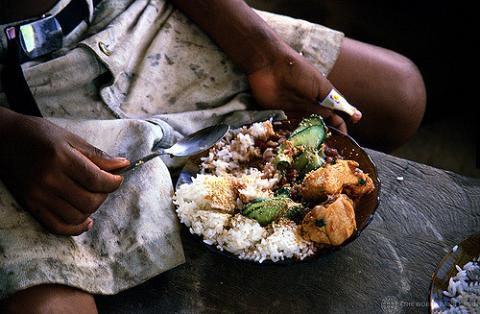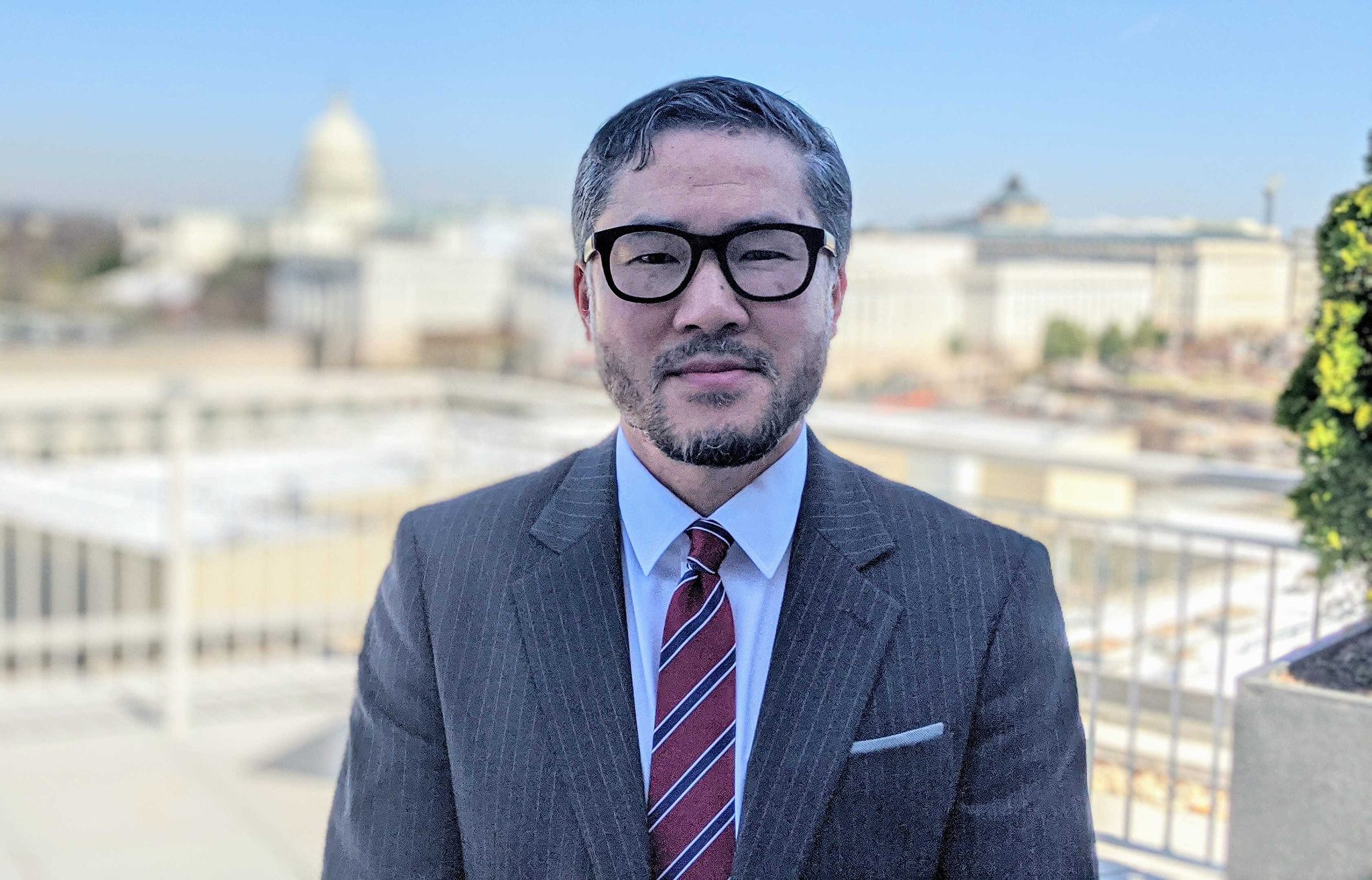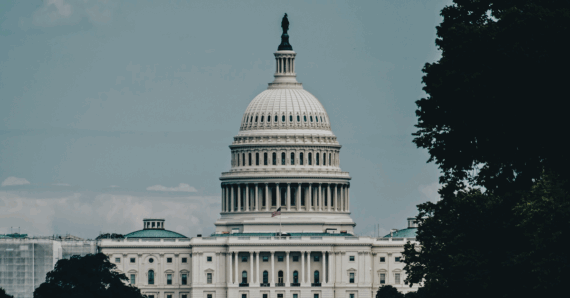By Jordan Teague
This year is an important one for food security and nutrition. The Sustainable Development Goals (SDGs) were launched on January 1, 2016—which means that 193 countries are now working towards ending hunger, ensuring food security for everyone, and eliminating all forms of malnutrition by 2030. But what will it take to get there? Now is the time to take stock of what is working and what more needs to be done to achieve these goals.
Brazil has had great success in improving nutrition and increasing food security. Its approach is an excellent example of what it will take to end hunger worldwide. A country nearly the size of the entire European continent with a population of more than 200 million people, Brazil overcame significant barriers to implementing a nation-wide strategy for ending hunger and improving nutrition. Brazil’s Fome Zero, or Zero Hunger, program was launched in 2003 with the goal that all people be able to access enough, and the right kinds of, food to meet basic nutritional needs and support health. Fome Zero is based on a multi-sectoral approach at the public policy level, involving policies and programs around social protection and safety nets, education, food production, health services, drinking water, and sanitation.
Stunting among Brazilian children younger than 5—an indication that they were chronically undernourished in early childhood—was cut in half, from 14 percent to 7 percent, from 1996 to 2007. The political will and commitments of the Brazilian government and the support of a vibrant civil society were clearly prerequisites for these successes. These less tangible ingredients depend heavily on national and local conditions and cannot necessarily be replicated in widely varying contexts.
Brazil’s particular approaches and strategies were also critical to success, however. Other countries can learn a great deal from Brazil’s strategic investment in policies and programs across sectors to improve food production and access to health and social services. In particular, Brazil developed a Food Acquisition Program, known by its Portuguese acronym, PAA (Programa de Aquisição de Alimentos). Its goals are to increase family and farmer incomes, improve food variety and quality, and promote nutrition in both rural and urban areas.
The PAA guarantees farmers who participate in the program a minimum price for their crops and provides an insurance plan for uncontrollable events such as droughts. This gives farmers the ability and incentive to diversify their crops—a critical factor in improving nutrition. The program encourages farmers to keep some of these crops, including vegetables and fruits, to feed their families, and to sell the remainder on the market and through the PAA. Research shows that the PAA has contributed to changes in eating habits and diversity of diets in families participating in the program.
Through the PAA, local organizations such as urban food banks, hospitals, subsidized restaurants, and schools purchase food directly from farmers, especially the fruits and vegetables that rural farmers are producing through their participation in the program. To facilitate this, Fome Zero supports infrastructure development, including the building of bridges, roads, and storage facilities. The food purchase and distribution program thus promotes greater integration between rural and urban areas, and between producers and consumers. The PAA operates in 40 percent of communities across Brazil, reaching 15 million people every year through the distribution of nutritious food in all types of communities.
As the world begins to work toward the ambitious SDGs of food security and nutrition for all by 2030, it’s important for lessons learned from the experiences of Brazil and others to be shared and implemented elsewhere, and this is beginning to happen. For example, Brazil is taking on a leadership role in providing expertise to five countries in Africa, and funding to Ethiopia, to enable them to implement programs similar to the PAA.
Brazil is also emerging as a global leader in improving nutrition through its hosting of the 2016 Nutrition for Growth Summit, which will take place in August just before the Olympic Games begin. The 2016 summit is a successor to the initial Nutrition for Growth Summit, held in London in 2013, when more than $4 billion was pledged to support nutrition-specific actions by donor countries, national governments, and civil society. The 2016 summit is an opportunity to maintain and increase the worldwide momentum to scale up efforts to improve nutrition and reach the global goal of ending all forms of malnutrition.
Brazil can serve as a role model for national commitment to making better nutrition a top priority. The political will and strategic investments shown by the government of Brazil, along with the leadership of other countries including the United States, will catalyze the necessary action and commitments at Nutrition for Growth 2016 to achieve improved nutrition for all.
Jordan Teague is an international policy analyst at Bread for the World. This article first appeared in The Chicago Council on Global Affairs website.



